- About Us
- Services & Solutions
- Services by Functionality
- Services by Development Stage
- Proprietary Technologies
- Specialized Expertise
- Quality & Compliance
- Insights & Resources
- News & Events
At MedPharm, we know that knowledge is powerful—especially when it’s backed by decades of hands-on experience in topical and transdermal drug development. That’s why we don’t just deliver services—we share the strategic insight and scientific expertise that set your program up for success.
Our team brings together science, strategy, and real-world experience to help you make strategic and more confident decisions across the drug development lifecycle.
Whether you’re seeking cutting-edge formulation insights, innovative models, or a deeper understanding of drug delivery science, you’ll find trusted information created by the same experts who power MedPharm’s globally respected CDMO services.
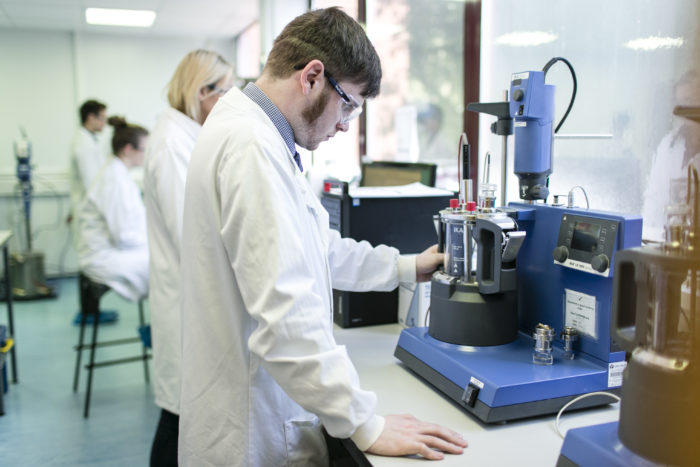
MedPharm was asked to provide multiple 25 kg batches of a complex cream for a Phase 2 atopic dermatitis clinical trial on behalf of a global pharmaceutical company. A failure to supply or delay would have carried significant financial consequences for the project. The client specifically valued MedPharm’s detailed understanding of the product’s multi-stage manufacturing […]
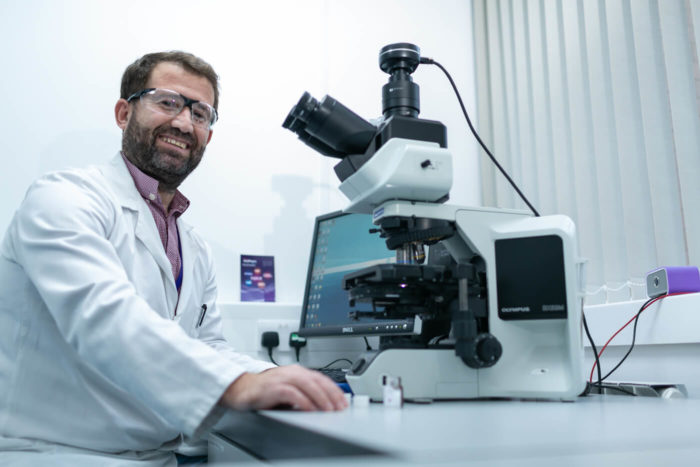
Reckitt Benckiser scientists came to MedPharm with a challenge: could we devise models to determine how well their flurbiprofen throat spray and lozenge deliver the drug into human pharynx tissue? In response, MedPharm’s team developed clinically relevant in vitro models and incorporated them into a comparative study evaluating the permeation of each flurbiprofen formulation. The […]
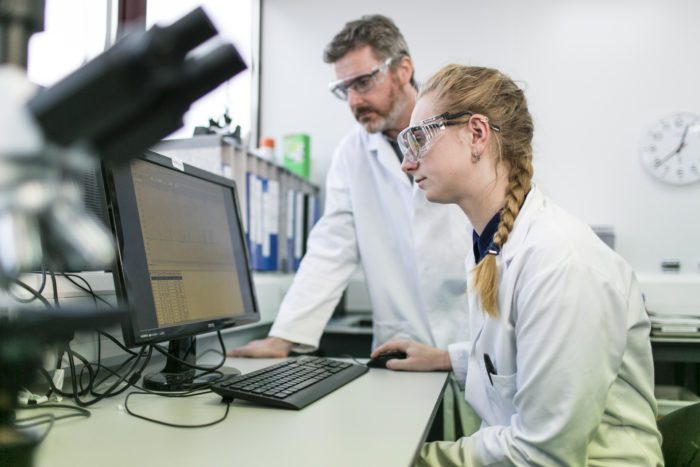
Challenging Skin Penetration Assumptions with GSK and the University of Reading New research is redefining assumptions about the skin penetration potential of large molecular weight drugs, offering hope for new therapies in difficult-to-treat dermatological diseases. It has long been believed that molecules above 1,000 Daltons cannot penetrate the skin at therapeutic levels, limiting their use […]
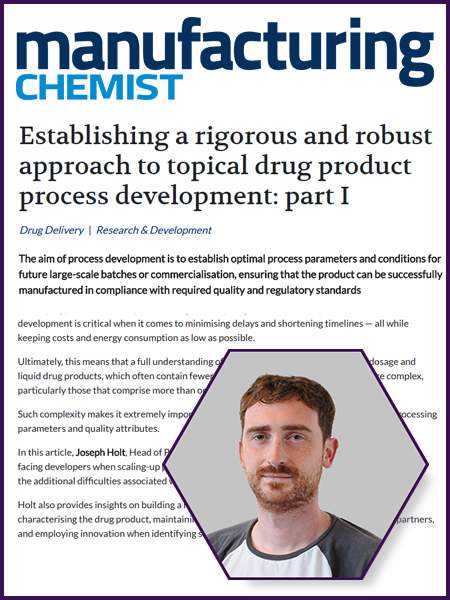
The aim of process development is to establish optimal process parameters and conditions for future large-scale batches or commercialization, ensuring that the product can be successfully manufactured in compliance with required quality and regulatory standards. This ultimately means that an in-depth understanding of the formulation is key.
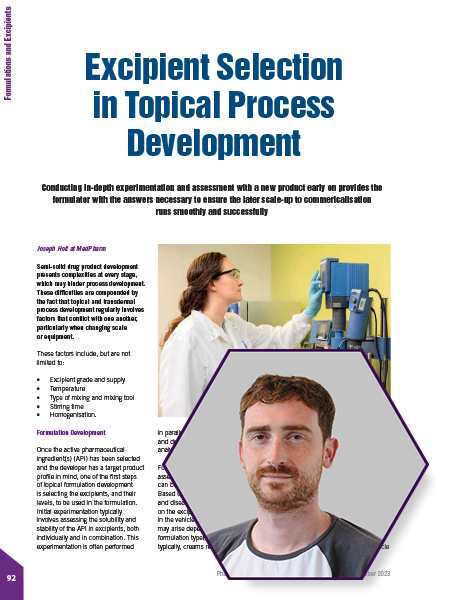
Unlike solid dosage drug products and sterile injectables, topical and transdermal formulations often contain a higher number of excipients, making them more complex to develop and scale. Given that the processes that can be used for manufacturing a drug product are largely impacted by the specific components of that product’s composition, a strong comprehension of the formulation is key.